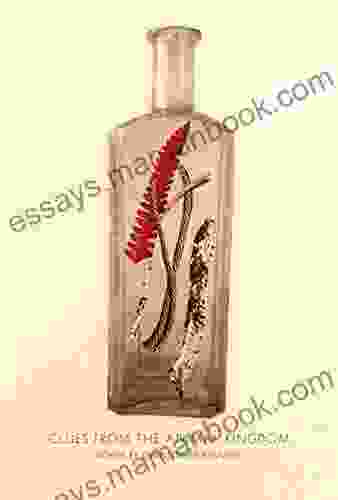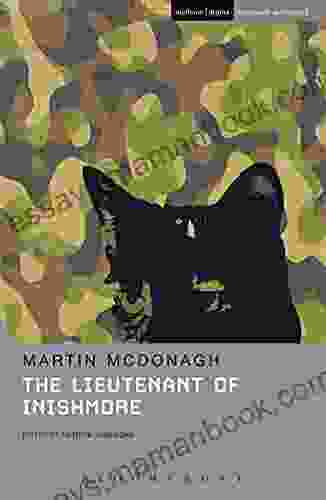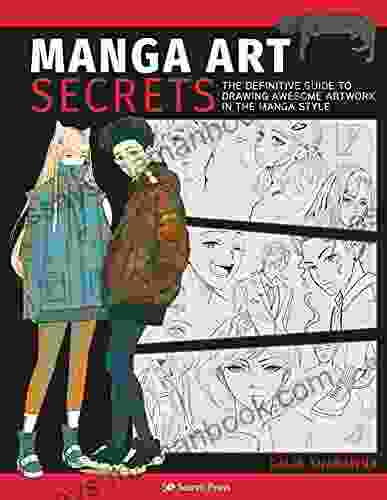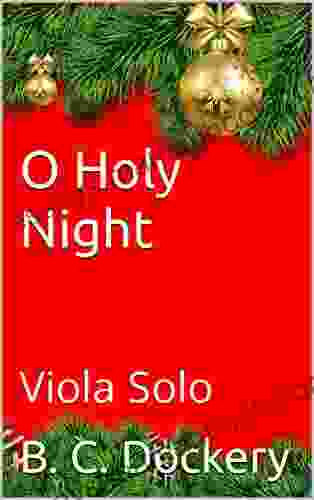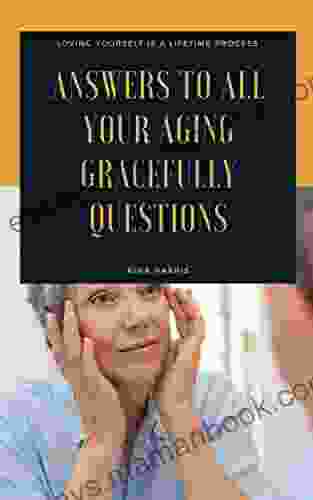Clues From The Animal Kingdom American Poets Continuum 167: Uncovering the Interplay Between Nature and Verse

Throughout history, poets have sought inspiration in the natural world, finding solace and wonder in the creatures that inhabit it. The animal kingdom has provided a rich tapestry of imagery, symbolism, and metaphor for poets, offering insights into the human condition and the complexities of life. American poets, in particular, have had a long and enduring relationship with the animal kingdom, drawing upon its diverse inhabitants to explore themes of nature, identity, loss, and renewal.
One of the earliest American poets to engage with the animal kingdom was Walt Whitman. In his seminal work, "Leaves of Grass," Whitman celebrates the interconnectedness of all living things, including animals. He sees animals as symbols of freedom, wildness, and vitality, and he uses them to express his own sense of wonder and awe at the natural world. In the poem "Song of Myself," Whitman writes:
4.6 out of 5
| Language | : | English |
| File size | : | 961 KB |
| Screen Reader | : | Supported |
| Print length | : | 104 pages |
I celebrate myself, and sing myself, And what I assume you shall assume, For every atom belonging to me as good belongs to you.
I loaf and invite my soul, I lean and loafe at my ease observing a spear of summer grass.
My tongue, every atom of my blood, form'd from this soil, this air, Born here of parents born here from parents the same, and their parents the same, I, now thirty-seven years old in perfect health begin, Hoping to cease not till death.
Whitman's celebration of the animal kingdom is also evident in his poem "When I Heard the Learn'd Astronomer," in which he contrasts the sterile and artificial language of science with the vibrant and sensual experience of nature. He writes:
When I heard the learn'd astronomer, When the proofs, the figures, were ranged in columns before me, When I was shown the charts and diagrams, to add, divide, and measure them,
When I sitting heard the astronomer where he lectured with much applause in the lecture-room,
How soon unaccountable I became tired and sick,
Till rising and gliding out I wander'd off by myself, In the mystical moist night-air, and from time to time, Look'd up in perfect silence at the stars.
Whitman's work paved the way for other American poets to explore the animal kingdom in their own unique ways. Emily Dickinson, for example, often used animals to represent the complexities of human emotion. In her poem "Because I could not stop for Death," she uses a carriage ride with Death as a metaphor for the journey of life. She writes:
Because I could not stop for Death, He kindly stopped for me;
The Carriage held but just Ourselves - And Immortality.
We passed the School, where Children strove At Recess - in the Ring -
We passed the Fields of Gazing Grain - We passed the Setting Sun -
Or rather - He passed Us - The Dews drew quivering and chill -
For only Gossamer, my Gown - My Tippet - only Tulle -
In this poem, Dickinson uses the image of the carriage ride to represent the inevitability of death. The carriage is driven by Death himself, and the journey takes the speaker through various stages of life, from childhood to old age. The speaker's companions on the journey are Immortality and Nature, represented by the children playing in the fields and the setting sun. The poem is a meditation on the transience of life and the inevitability of death, but it also offers a sense of hope and solace in the face of these realities.
Another American poet who was deeply influenced by the animal kingdom was Robert Frost. Frost often used animals to represent the challenges and complexities of human life. In his poem "The Road Not Taken," he uses the image of a fork in the road to represent the choices that we all face in life. He writes:
Two roads diverged in a yellow wood, And sorry I could not travel both And be one traveler, long I stood And looked down one as far as I could
To where it bent in the undergrowth;
Then took the other, as just as fair, And having perhaps the better claim, Because it was grassy and wanted wear;
Though as for that the passing there Had worn them really about the same,
And both that morning equally lay In leaves no step had trodden black.
Oh, I kept the first for another day!
Yet knowing how way leads on to way, I doubted if I should ever come back.
I shall be telling this with a sigh Somewhere ages and ages hence:
Two roads diverged in a wood, and I— I took the one less traveled by, And that has made all the difference.
In this poem, Frost uses the image of the two roads to represent the different choices that we make in life. The speaker chooses the road that is less traveled, and this choice leads him to a different destination. The poem is a reminder that the choices we make in life can have a profound impact on our future.
The animal kingdom has continued to inspire American poets in the 20th and 21st centuries. Poets such as Marianne Moore, Elizabeth Bishop, and Mary Oliver have all written extensively about animals, using them to explore a wide range of themes. Moore's poem "The Fish" is a meditation on the beauty and mystery of the natural world. She writes:
The Fish
Wade through black jade.
Of the crow-blue mussel-shells, one keeps adjusting the ash-heaps;
opening and shutting itself like an eye.
Under the October twilight the water
Pulls back from the shore The conch’s monotone
Is low and cold; Dances not out of itself
But to the measure of The black jade.
The little waves, coming On Monday night, splash;
Moore's poem is a close observation of a fish in its natural habitat. She uses vivid imagery and sensory language to create a sense of the fish's beauty and mystery. The poem is also a meditation on the relationship between the natural world and the human world. The fish is a symbol of the wild and untamed, while the crow-blue mussel-shells and the ash-heaps represent the encroachment of human civilization. The poem is a reminder that we are all part of the natural world, and that we must respect and protect it.
Elizabeth Bishop's poem "The Fish" is a more personal meditation on the relationship between humans and animals. Bishop writes about a fishing trip she took with her father, and she uses the experience to explore her own feelings of loss and grief. She writes:
The Fish
I caught a tremendous fish
4.6 out of 5
| Language | : | English |
| File size | : | 961 KB |
| Screen Reader | : | Supported |
| Print length | : | 104 pages |
Do you want to contribute by writing guest posts on this blog?
Please contact us and send us a resume of previous articles that you have written.
 Top Book
Top Book Novel
Novel Fiction
Fiction Nonfiction
Nonfiction Literature
Literature Paperback
Paperback Hardcover
Hardcover E-book
E-book Audiobook
Audiobook Bestseller
Bestseller Classic
Classic Mystery
Mystery Thriller
Thriller Romance
Romance Fantasy
Fantasy Science Fiction
Science Fiction Biography
Biography Memoir
Memoir Autobiography
Autobiography Poetry
Poetry Drama
Drama Historical Fiction
Historical Fiction Self-help
Self-help Young Adult
Young Adult Childrens Books
Childrens Books Graphic Novel
Graphic Novel Anthology
Anthology Series
Series Encyclopedia
Encyclopedia Reference
Reference Guidebook
Guidebook Textbook
Textbook Workbook
Workbook Journal
Journal Diary
Diary Manuscript
Manuscript Folio
Folio Pulp Fiction
Pulp Fiction Short Stories
Short Stories Fairy Tales
Fairy Tales Fables
Fables Mythology
Mythology Philosophy
Philosophy Religion
Religion Spirituality
Spirituality Essays
Essays Critique
Critique Commentary
Commentary Glossary
Glossary Bibliography
Bibliography Index
Index Table of Contents
Table of Contents Preface
Preface Introduction
Introduction Foreword
Foreword Afterword
Afterword Appendices
Appendices Annotations
Annotations Footnotes
Footnotes Epilogue
Epilogue Prologue
Prologue Valarie Johnson
Valarie Johnson Waln K Brown
Waln K Brown Anna Ziegler
Anna Ziegler Anu Lal
Anu Lal Jon Yablonski
Jon Yablonski William Mcmillen
William Mcmillen Alexander I Bobenko
Alexander I Bobenko R J Patterson
R J Patterson Pretty Tony
Pretty Tony Angela Castillo
Angela Castillo Kristen Marshall James
Kristen Marshall James Michael Aye
Michael Aye May Sage
May Sage Joanna Fortune
Joanna Fortune Stephen Matthews
Stephen Matthews Donald Revell
Donald Revell Samuel P King
Samuel P King Shamini Mary
Shamini Mary Mark Sullivan
Mark Sullivan Kristen Kish
Kristen Kish
Light bulbAdvertise smarter! Our strategic ad space ensures maximum exposure. Reserve your spot today!
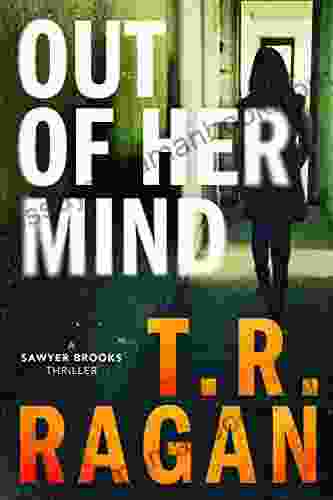
 Charles ReedOut of Her Mind: An Unforgettable Journey Through Mental Illness by Sawyer...
Charles ReedOut of Her Mind: An Unforgettable Journey Through Mental Illness by Sawyer... Hassan CoxFollow ·19.3k
Hassan CoxFollow ·19.3k Colby CoxFollow ·8.6k
Colby CoxFollow ·8.6k T.S. EliotFollow ·10.9k
T.S. EliotFollow ·10.9k Melvin BlairFollow ·14.8k
Melvin BlairFollow ·14.8k Elias MitchellFollow ·15k
Elias MitchellFollow ·15k Benjamin StoneFollow ·2.2k
Benjamin StoneFollow ·2.2k Heath PowellFollow ·3.7k
Heath PowellFollow ·3.7k John GreenFollow ·6.5k
John GreenFollow ·6.5k
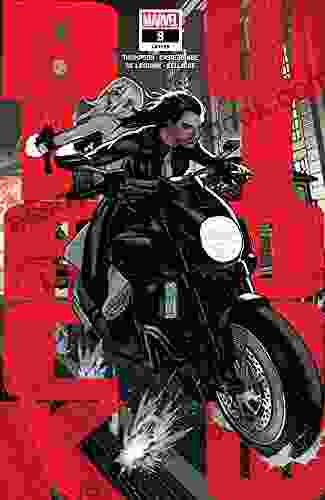
 Dean Butler
Dean ButlerBlack Widow 2024: A Comprehensive Guide to Kelly...
In 2024, Marvel...
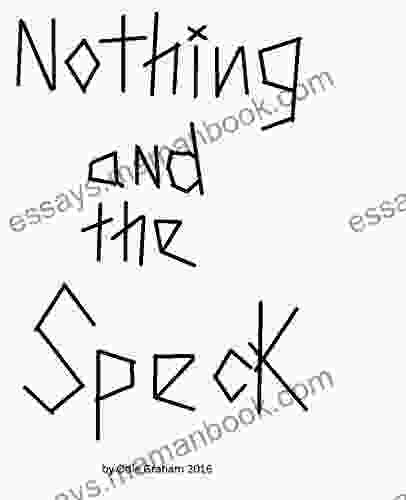
 Gage Hayes
Gage HayesNothing and the Speck: An In-Depth Analysis of Yana...
Yana Toboso's works, particularly the manga...
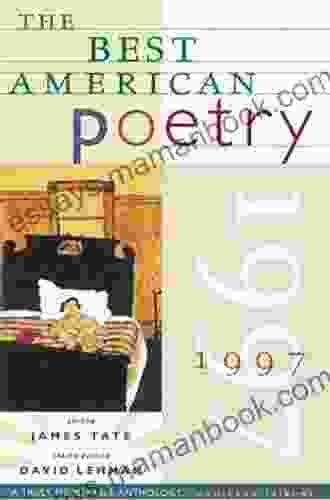
 Stan Ward
Stan WardThe Best American Poetry 1997: James Tate
The Best American Poetry...
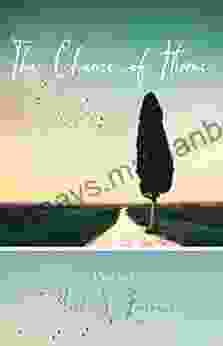
 Corey Green
Corey GreenThe Chance of Home: Exploring the Poetic Landscape of...
Immerse yourself in the evocative world of...
4.6 out of 5
| Language | : | English |
| File size | : | 961 KB |
| Screen Reader | : | Supported |
| Print length | : | 104 pages |


